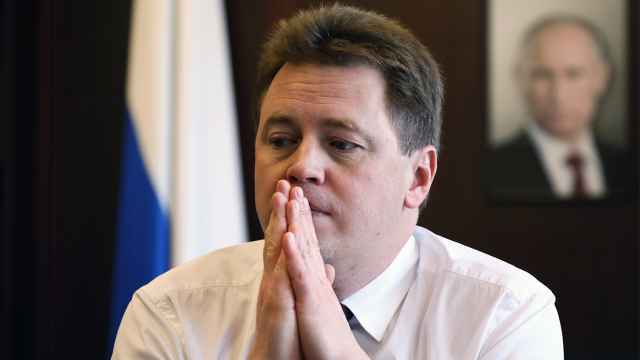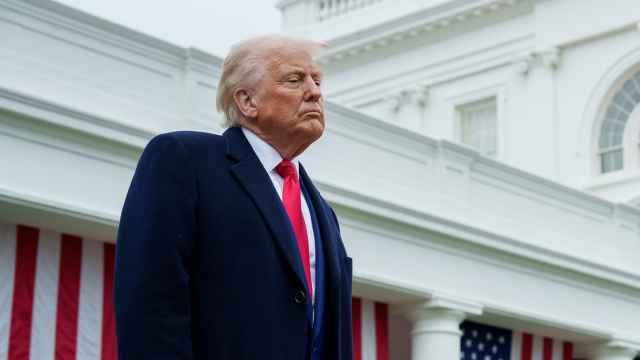Amid a lackluster campaign season, one of Moscow’s opposition candidates is trying a novel approach to bring voters to the polls this Sunday, Sept. 18, when Russia holds parliamentary elections. Maria Baronova, a coordinator for the “Open Russia” human rights project and a candidate for the State Duma in Moscow, has unveiled an interactive map of the city’s downtown showing where Pokemon Go fans can play the game near voting stations in her district.
Announcing the gimmick, Baronova admitted on Facebook that low voter turnout plagues both local and national elections in Russia. “Legislation, the fight against the HIV epidemic, rolling back the criminalization of thought crimes — this won’t happen in a day,” she explained, sympathizing with constituents who struggle to find the motivation to show up and vote. “But you can catch a Pokemon right away on Sept. 18.”
According to Baronova, Pokemons have already had a “huge impact on the socio-political landscape” in Russia. “They’re even imprisoning people and forbidding them from searching in places where you can find the rarest Pokemons,” she wrote, alluding to Ruslan Sokolovsky, the blogger in Yekaterinburg now awaiting trial for extremism charges because he published a satirical video showing him playing Pokemon Go inside a cathedral.
Sokolovsky says his stunt was a protest against warnings that Russians could be prosecuted for playing Pokemon Go in certain places, including houses of worship and voting stations.
Baronova told The Moscow Times that she isn’t calling on anyone to flout the law by playing the mobile game directly inside voting stations this weekend. “We’re just getting out the vote!” she said, explaining that the Pokemon map is an appeal to younger citizens. “I’m not even campaigning for myself here, but for the elections themselves. If somebody wants to vote for United Russia [the ruling political party], then let them.”
A Message from The Moscow Times:
Dear readers,
We are facing unprecedented challenges. Russia's Prosecutor General's Office has designated The Moscow Times as an "undesirable" organization, criminalizing our work and putting our staff at risk of prosecution. This follows our earlier unjust labeling as a "foreign agent."
These actions are direct attempts to silence independent journalism in Russia. The authorities claim our work "discredits the decisions of the Russian leadership." We see things differently: we strive to provide accurate, unbiased reporting on Russia.
We, the journalists of The Moscow Times, refuse to be silenced. But to continue our work, we need your help.
Your support, no matter how small, makes a world of difference. If you can, please support us monthly starting from just $2. It's quick to set up, and every contribution makes a significant impact.
By supporting The Moscow Times, you're defending open, independent journalism in the face of repression. Thank you for standing with us.
Remind me later.






